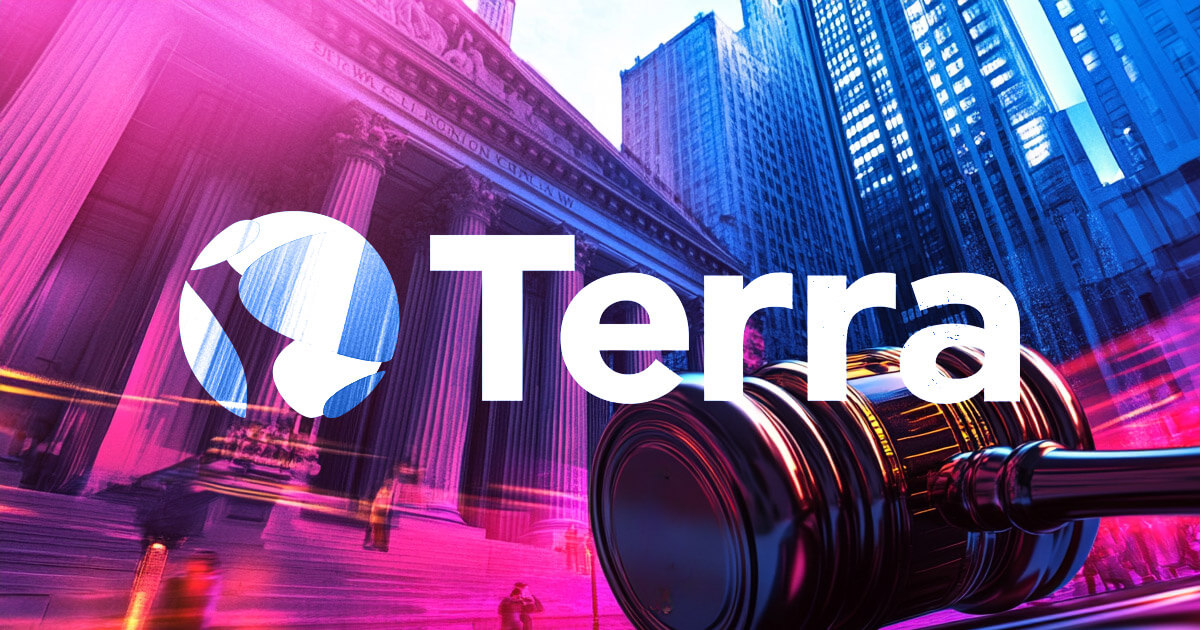Byline: Hannah Parker Photo by David McBee on Pexels
In the high-stakes world of cryptocurrencies, the legal struggle between Kraken and the Securities and Exchange Commission (SEC) has received much attention. Kraken, a well-known cryptocurrency exchange, denies the SEC’s allegations that it operates as an unregistered broker and facilitates the trading of crypto asset securities. The crux of the disagreement is Kraken’s claim that the SEC’s language in its filings is ambiguous and indicates an overreach of regulatory authority. This issue is critical for Kraken and the larger crypto industry since it might set a precedent for how digital assets are governed in the United States.
Background
The legal struggle between Kraken and the SEC began when the SEC accused Kraken of acting as an unlicensed broker and aiding illegal trading of crypto asset securities. The SEC’s complaint, filed in November, claims that Kraken has been participating in these actions since at least September 2018, generating significant revenue.
Kraken, known for its position in the cryptocurrency market, responded by disputing the SEC’s allegations. The exchange claims that the SEC’s phrasing is ambiguous and lacks precision, undermining the clarity of the legal arguments. Experts at Bitcoin Synergy mention that this setting sets the scenario for a major clash over regulatory authority and the interpretation of securities legislation.
Kraken’s Legal Challenge
Kraken’s answer to the SEC’s April letter is a watershed moment in the continuing conflict. The exchange claims that the SEC’s argument needs to be clarified, pointing out that the regulatory agency failed to mention any investment contracts tradable on Kraken’s platform. Rather than utilising well-defined legal terms like “investment contract” and “enterprise,” the SEC used broader phrases like “investment concept” and “ecosystem.”
Kraken claims this ambiguous phrase undermines the legal clarity required for fair proceedings. By focusing on language precision, Kraken hopes to expose what it perceives as an overreach of the SEC’s regulatory authority, emphasising the importance of precise legal definitions in the quickly expanding crypto industry.
SEC’s Position
The SEC contends that its broader reading of securities rules is fair and necessary to account for the diversified and growing nature of the cryptocurrency market. In its April filing, the SEC justified its terminology choice, stating that terms like “investment concept” and “ecosystem” are necessary to represent the broad range of activity in the cryptocurrency arena.
The regulatory authority relies on case law to bolster its argument, claiming it goes beyond standard definitions to cover new and sophisticated financial instruments. The SEC’s complaint against Kraken alleges that it operated as an unlicensed broker, dealer, exchange, and clearing agency. This comprehensive strategy demonstrates the SEC’s commitment to regulating all aspects of the cryptocurrency market to protect investors.
Implications for Crypto Exchanges
The Kraken vs. SEC case has enormous ramifications for the future of Bitcoin regulation. If the court rules in favour of Kraken, the SEC’s capacity to broaden its interpretation of securities laws may be limited, resulting in more precise, more defined restrictions for cryptocurrency exchanges.
This would increase legal certainty for exchanges and inspire more innovation in the market. If the SEC wins, it will strengthen the agency’s broader regulatory reach, potentially increasing the compliance burden on crypto exchanges and discouraging new entrants. The lawsuit might establish a precedent for how digital assets are classified and managed in the United States.
Expert Opinions
Legal and industry experts closely monitor the Kraken vs. SEC case, as the conclusion might significantly impact the cryptocurrency sector. Many analysts believe Kraken’s dilemma underscores an important issue: the need for regulatory clarity in the fast-changing world of digital assets.
Some legal scholars fear that the SEC’s broad phrasing may hinder innovation by imposing excessive requirements on developing technologies. In contrast, proponents of the SEC’s approach argue that robust regulation is required to safeguard investors and ensure market integrity. The diverse opinions reflect the complex nature of the case, with predictions varying widely on its potential impact on future crypto regulations.
In addition to legal analysts, cryptocurrency industry leaders are discussing the consequences of the Kraken vs. SEC case. Many in the cryptocurrency industry see Kraken’s stance as a defence against governmental overreach, which might discourage innovation and impede the expansion of digital asset markets. They say that clear and specific regulations are required to create a conducive environment for technical breakthroughs and attract institutional investment. On the other hand, several experts warn that without solid regulatory control, the crypto market may become vulnerable to fraud and manipulation, weakening investor trust. This difference of opinion highlights the complexities of reconciling regulatory enforcement with the need to promote a dynamic, innovative market.
The Kraken vs. SEC court dispute is a watershed moment that might reshape the regulatory landscape for bitcoin exchanges in the United States. Kraken’s challenge to the SEC’s wording and regulatory approach exemplifies the dichotomy between innovation and regulation in the fast-changing cryptocurrency sector. The case’s decision will have an influence not only on Kraken but also on how digital assets are defined and maintained. As both parties present their reasons, the outcome will determine the future of cryptocurrency legislation, affecting how other exchanges function and how regulatory agencies approach the volatile world of digital assets.
Disclaimer: Analytics Insight does not provide financial advice or guidance. Also note that the cryptocurrencies mentioned/listed on the website could potentially be scams, i.e. designed to induce you to invest financial resources that may be lost forever and not be recoverable once investments are made. You are responsible for conducting your own research (DYOR) before making any investments. Read more here.
Credit: Source link















































